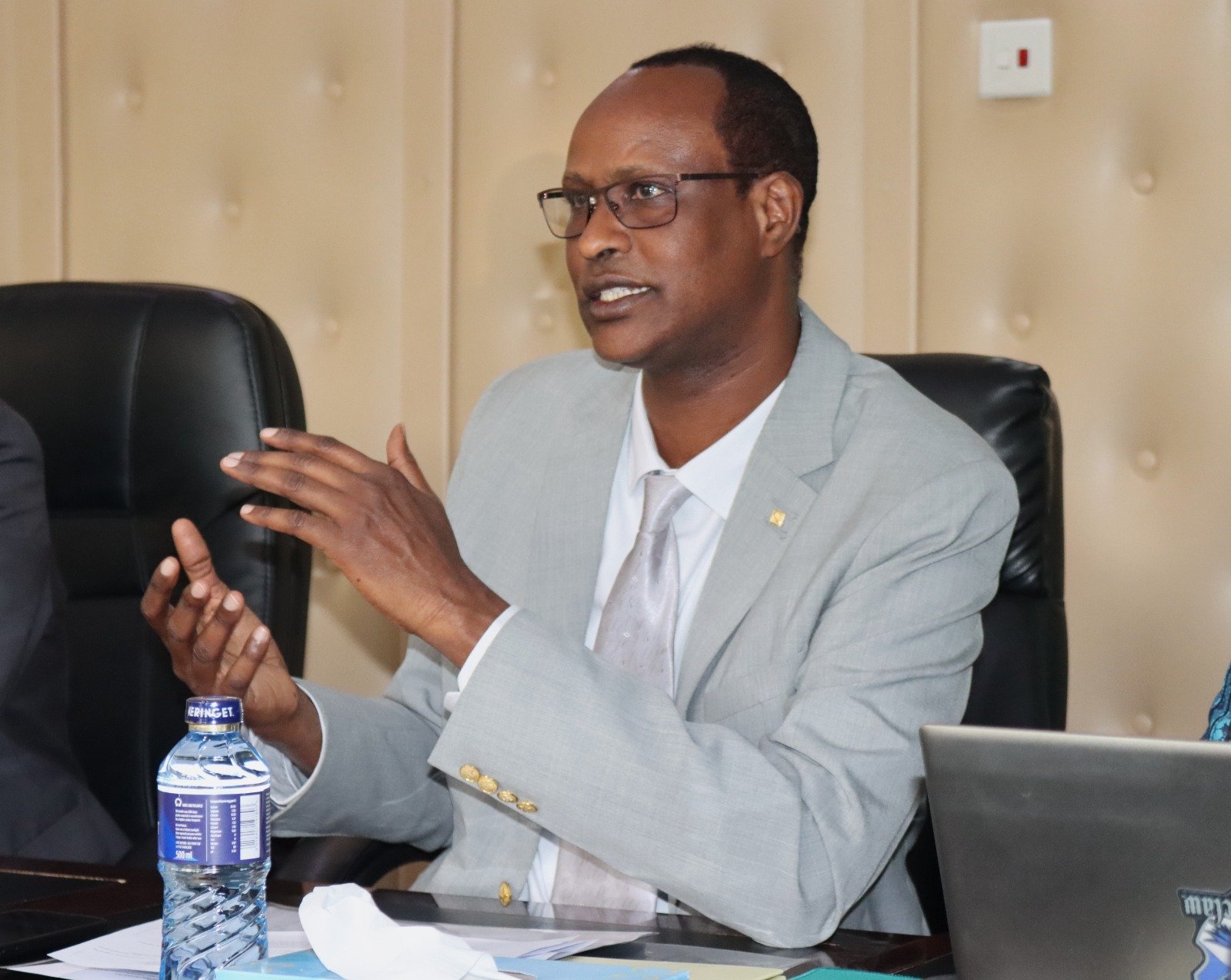Harambees Bill could stifle crucial national tradition

The Harambee spirit has been a driving force behind solidarity and grassroots development. Whether it is funding education for needy students or building critical community infrastructure, Harambees have always come in handy and often fill in the gaps created by inadequate government services.
The proposed Public Fundraising Appeals Bill, 2024, introduced by Senate Majority Leader Aaron Cheruiyot, while seemingly well-intentioned, could stifle this important tradition if not carefully considered.
Its primary objectives – enhancing transparency, ensuring accountability, and curbing corruption – are certainly commendable. Yet, the approach it takes might unintentionally damage a system that has uplifted countless lives.
One of the main concerns with the proposed legislation is its requirement for individuals or groups to obtain licences before organising fundraising events. This additional layer of bureaucracy will deter some Kenyans, especially in rural areas, from engaging in vital fundraising activities.
In many of these areas, access to government services is limited, and communities rely heavily on spontaneous or informal fundraising efforts. Introducing licences and other administrative requirements may discourage participation, further widening the gap between those who have access to formal processes and those who do not.
The Bill’s focus on extensive audits, detailed record-keeping and oversight by national and local authorities could also place a significant burden on organisers. These requirements may prove overwhelming, especially for small-scale or informal fundraising activities. Rather than encourage transparency , the regulations will inadvertently hinder the ability of communities to quickly respond to urgent needs.
Another contentious point is the Bill’s goal to reduce dependency on Harambees, particularly in private matters. While the intent is to promote self-reliance, this overlooks the fact that Harambees often step in where the government has failed to meet its obligations.
For many Kenyans, particularly those facing medical emergencies, educational expenses, or other unforeseen crises, Harambees remain the most viable solution. Shifting the focus to regulating of fundraising efforts seems misplaced.
If, in the first place, the government had created opportunities for income-generatingventures and invested in public services, there would be no need for such initiatives.
The Bill also seeks to restrict the participation of State and public officers in fundraising activities. While this measure aims to prevent the misuse of influence and resources, it risks alienating individuals who have traditionally played a significant role in mobilising resources.
Many public figures have used their positions to garner support for community projects, and their absence will weaken the effectiveness of these efforts. We must not lose sight of the positive contributions these leaders can make.
Critics often argue that Harambees have been exploited by politicians seeking to gain favour and secure public office. While there is some truth to this claim, preventing Harambees altogether will not stop elected officials from engaging in corruption. The issue is not with the Harambee system itself but with the individuals who misuse it.
Kenya already has laws in place to deal with corruption and misuse of public resources. Focus should be on enforcing existing laws and ensuring that those who misuse Harambees for personal gain are held accountable.
Introducing this Bill risks exposing its proponents as being out of touch with the realities of ordinary people’s lives. It could dismantle a system that, despite its flaws, has been instrumental in driving development.
Any attempt to regulate the Harambee spirit must be done with the utmost care. Kenya cannot afford to lose one of its most cherished and effective tools for community-driven development.
-The writer is People Daily’











